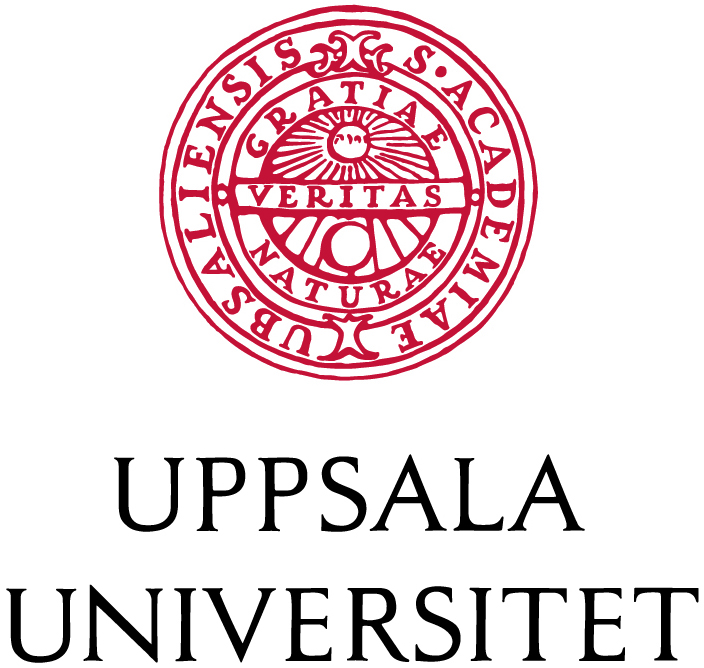Co-creation workshops
Development Goals and Non-formal Adult Education in the Global South
Facilitator: Adam Bott, (ALEF, Adult Learning and Empowerment Facilitators)
Whereas literacy and numeracy were once seen as autonomous skills that would lead automatically to development, in recent years adult education initiatives in the global South have aimed to embed development goals (e.g. health awareness or gender equality) in instructional method and content.
There is little empirical research assessing the impact or effectiveness of these approaches. Practitioners are often small NGOs/CSOs working in marginalised communities. There are practical and theoretical difficulties to gathering data and identifying appropriate indicators.
The aim of this co-creation workshop is to act as a springboard for collaborative research by considering how researchers and practitioners can overcome these challenges and identifying potential partners and suitable methods.
We will discuss the implications of integrating development goals into adult education and different approaches to measuring impact and effectiveness. Participants will work in small mixed groups of practitioners and researchers before sharing and comparing their conclusions.
Ideal participants:
- Development practitioners in non-formal adult education
- Researchers in adult education, development studies, related fields
Max participants: 30
Co-creation workshop on circular economy and global value chains in the textile industry
Responsible: Ranjula Bali Swain
About 80 per cent of the EU textile consumption-related emissions are in production countries located in the developing world. The textile sector is identified as a priority sector in the European Green Deal and the New Industrial Strategy for Europe (COM, 2020), and the 2020 EU Circular Economy Action Plan (CEAP). Globally, the fashion sector produces 10% of the GHG emissions, exceeding those from the aviation and maritime industry together (Ellen MacArthur Foundation, 2017).
This workshop investigates innovative circular business models and processes that address the complex value chain of the textile sector between Sweden and the developing countries engaged in production. Three areas of circular economy (CE): re-use (prolonging the life of textile items); recharge (repairing or upgrading designs or services); and re-generate (recycling fibres into a closed loop or valuable use) are identified. The overall objective of this workshop will be to study the innovative CE business models and processes in the Swedish textile value chain and analyze how they can contribute towards a regenerative growth model to avoid inefficient resource use, reduce consumption footprint, and create new business opportunities within the planetary boundaries.
Workshop Participants:
Researchers, corporate stakeholders and policymakers
Additional Information
1. Co-creation method
We plan on a workshop format where researchers, stakeholders and policymakers participate and co-create knowledge and research focus areas for our ongoing Formas research projects. The method includes plenary presentations and discussions, as well as small group discussions.
We would prefer to organize a 3-4 hours workshop but are open to a shorter 1.5-2 hours session. For the venue we request a room where the furniture can be re-organised to create smaller groups for discussion. A lecture hall with fixed seats will not be preferred.
- Expected participants: about 15-30
- Expected Output:
-Presentation of research insights
-Workshop output will provide input into our planned survey on the global textile value chain
-Workshop discussion will also be an input into our project reports and research papers
What do PhD-students need to learn about transdisciplinary research?
Responsible: Tomas Kjellqvist
In this panel, we want to discuss the opportunities and risks of doing transdisciplinary research as part of a PhD-thesis. Transdisciplinary research has the potential to combine development efforts with research in a way that involves target groups and produces better development. However, the opportunities come with risks, such as ethics of co-developing research with partners, or issues of validity and scientific rigour when engaging with non-academic, situated, knowledges. Furthermore, PhD students with ambitions to work transdisciplinary might face various obstacles, such as time constraints, choice of methods and difficulties to get published.
At Södertörn University we are planning for a PhD-course to facilitate for PhD students engaging in transdisciplinary research design. To spark a discussion on the wide scope of experiences and learning needs, we invite researchers and PhD students to discuss possible theories, ethics, and methods related to transdisciplinary, co-developmental research. This exchange of experiences is key to bringing transdisciplinary research up to recognized academic standards and strengthening the contributions of research to development. we hope for inputs to the course that will allow new PhDs to enter their research careers with solid professional skills of transdisciplinarity.
Reimagining Energy Transitions through a Feminist Lens
Responsible: Kavya Michael
While ‘Just-Transitions’ has emerged as an umbrella term overlapping, theorizations on energy as well as environmental and climate justice, there has been a conspicuous absence of a feminist and gender lens. This co-creation workshop proposed, based on an upcoming book by the authors provides a feminist analysis of what it would take to ensure just transitions in India where gender and care, in relation to its interesting dimensions of power, is at the center of analysis. We begin by conducting a pre-launch event for the book which brings together an innovative mix of academics, practitioners, and policy makers voices in India’s energy transitions space. To explore the relevance of the key findings beyond India’s borders, we invite participants from across the Global North and the South to this workshop which is envisaged as a space for co-creating ideas on how a gender just energy transitions process can be acheived across the globe. With a story telling as a method to imagine gender just energy futures in different parts of the world, we hope to generate a rich narrative that brings together a unique combination of theory and praxis centering the energy care nexus and conduct a feminist-scrutiny on energy transitions.
Cancelled workshop:
Exploring support structures for transdisciplinary research and co-production
Responsible: Kerstin Hemström
The challenges faced by societies in transforming into more sustainable and resilient futures affect and engage a variety of stakeholders across multiple decision-making levels and sectors, including various knowledge domains and scientific disciplines. Transdisciplinary co-production, where research and societal actors work together around shared issues and questions to solve problems in specific social contexts, has emerged to meet such challenges. Engagement in such collaborative forms of research interaction, however, hold many challenges, not least within academia. There is therefore a need to advance support structures (e g incentives, working methods, competences) that better facilitates transdisciplinary collaboration and knowledge co-production.
This workshop will focus on building a better understanding of the support functions and mechanisms that create the institutional conditions needed for supporting, legitimizing, and scaling up transdisciplinary research and practice within academia. Following a short introduction, a co-creation method consisting of individual reflection, beehive discussions and open space will develop the final outcome. Building upon the experiences and competences within the group, three main topics will be explored: The university’s role and responsibility in contributing to societal change, existing support mechanisms for transdisciplinarity, and designing future support structures.
No of participants: 10-25
Contact
Academic Conferences
NorDev 2023 administration
nordev2023@akademikonferens.se
Phone +46 18 67 10 03
Important dates
31 May: Deadline to register for workshop leaders and research presenters
31 July: Deadline to register for conference attendees
21-23 August 2023: Conference is going on



